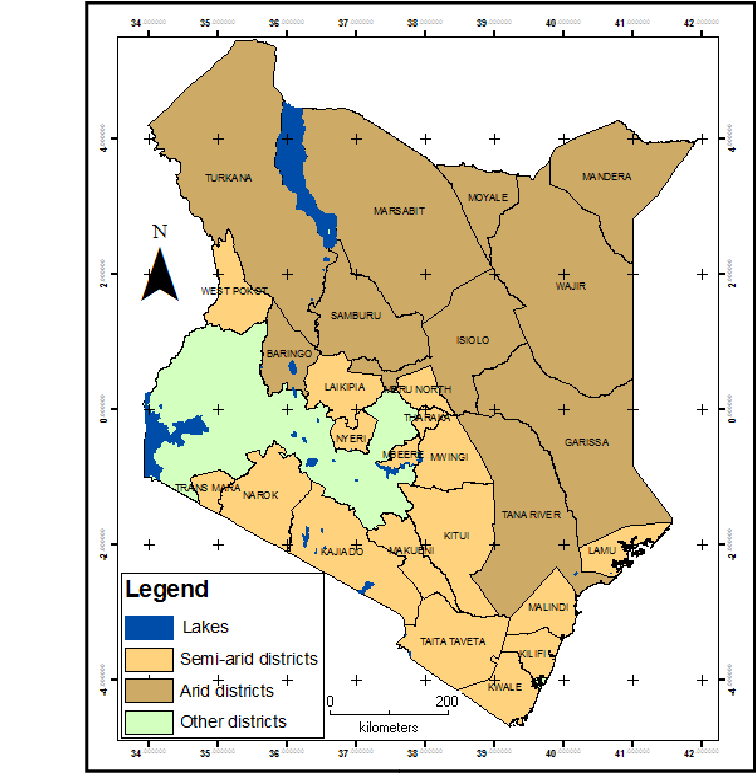
As of March, 2025, Kenya finds itself grappling with a pervasive sense of frustration that has permeated its society, evident in the voices echoing across social media platforms like X and in the everyday struggles of its people. This frustration is not a fleeting emotion but a deep-seated discontent fueled by economic, social, and political challenges that have left many Kenyans feeling betrayed, unheard, and hopeless. Here’s a closer look at the key reasons behind this mounting frustration.
Economic Meltdown and Unbearable Living Costs
At the heart of Kenyan frustration lies an economy that seems to be crumbling under the weight of mismanagement and external pressures. The cost of living has soared, with stagnant wages failing to keep pace with rising prices for essentials like food, rent, transport, and electricity. Posts on X highlight how even small reprieves, such as lower commodity prices, offer little relief when offset by new taxes—like the controversial housing levy—and persistent unemployment. Kenya’s national debt, hovering around $80 billion, consumes a significant portion of annual revenue, leaving little for public services. This economic strain has pushed many into poverty, with the sick unable to afford healthcare and families struggling to put food on the table, amplifying a sense of despair.
A Government Perceived as Out of Touch
Trust in the government has eroded as Kenyans perceive leaders as prioritizing self-interest over public welfare. President William Ruto’s administration, once buoyed by promises to uplift the “hustlers”—the hardworking poor—has been accused of delivering policies that burden rather than benefit the majority. The lavish lifestyles of politicians, juxtaposed against the struggles of ordinary citizens, have fueled outrage. Reports of officials donating millions to churches while children in rural areas suffer from hunger have sparked anger, with many questioning why resources aren’t directed toward pressing needs like education and healthcare—sectors described as “dead” or “in trenches” by frustrated citizens.
Broken Systems: Healthcare and Education in Crisis
The collapse of critical systems has further deepened Kenyan frustration. The healthcare sector is in disarray, with medical interns languishing at home over a year after completing rigorous training, unable to secure placements due to bureaucratic delays and budget constraints. This reflects a broader failure to provide accessible, affordable care, leaving the sick vulnerable and desperate. Similarly, the education system, once a beacon of hope, is faltering under neglect and underfunding, dashing the aspirations of a generation and reinforcing a cycle of poverty and disillusionment.
Heavy-Handed Governance and Unfulfilled Promises
Kenyans are also exasperated by governance that feels oppressive and unresponsive. The deployment of police to Haiti, initially touted as a UN-funded mission, has drawn skepticism and ire, especially as domestic issues like insecurity and police brutality remain unaddressed. Heavy taxation, described by some as “cruel,” has been a flashpoint, with the withdrawn Finance Bill 2024 serving as a recent memory of government defiance against public will. Promises of transparency, justice, and economic opportunity—pledged by leaders like Ruto in years past—ring hollow as corruption festers and impunity reigns, leaving citizens feeling powerless against a political elite they view as untouchable.
A Youth Betrayed and a Future Uncertain
Perhaps most poignantly, Kenya’s youth—comprising a significant portion of the population—are at the forefront of this frustration. Once mobilized by hope, they now lead cries of “Ruto must go,” reflecting a belief that their future has been sacrificed for the enrichment of a few. High unemployment, coupled with a lack of meaningful dialogue from leaders, has turned their restlessness into resistance. The vibrancy that once defined Kenyan spirit persists, but it is increasingly overshadowed by a sense of betrayal and a demand for accountability that has yet to be met.
